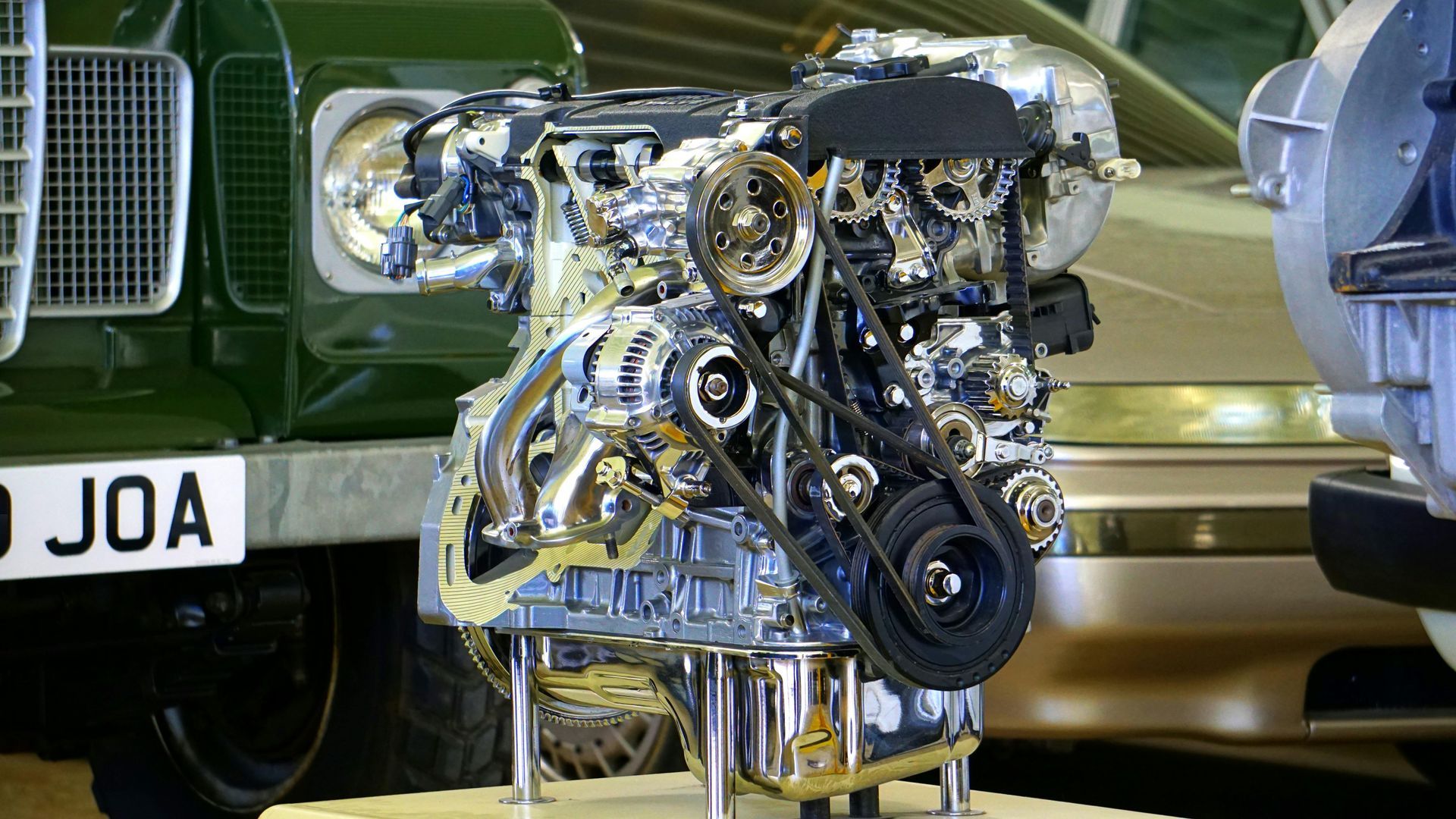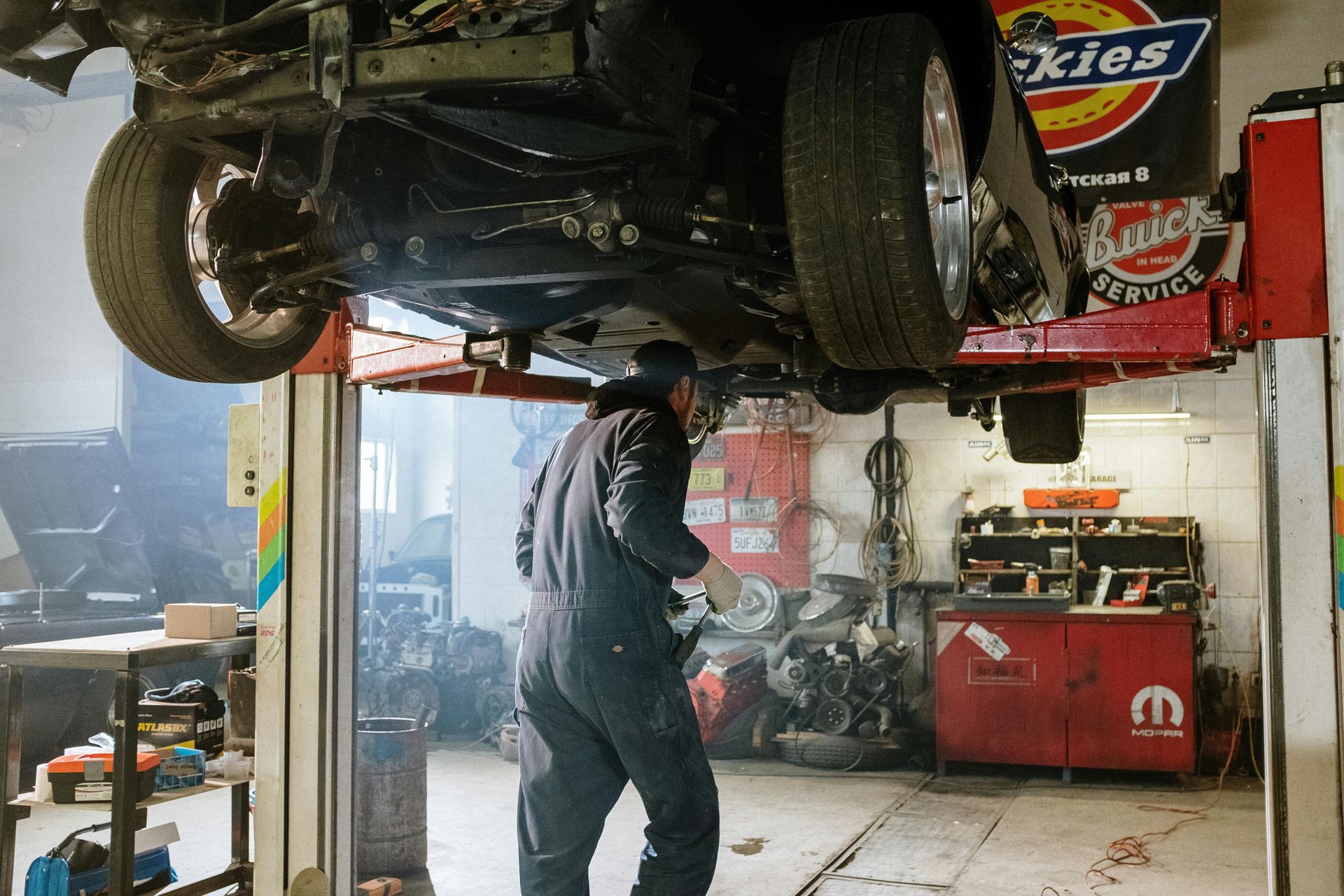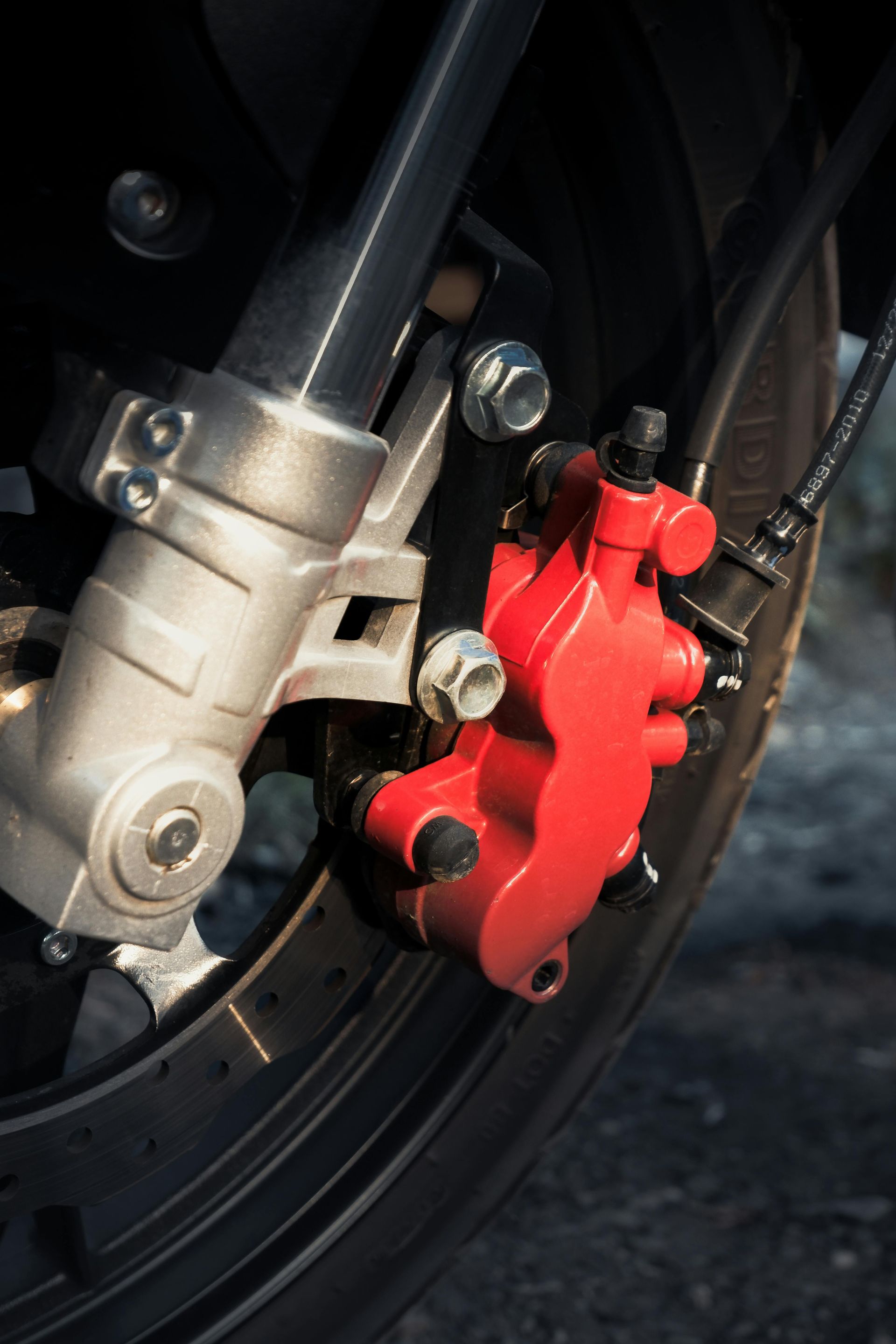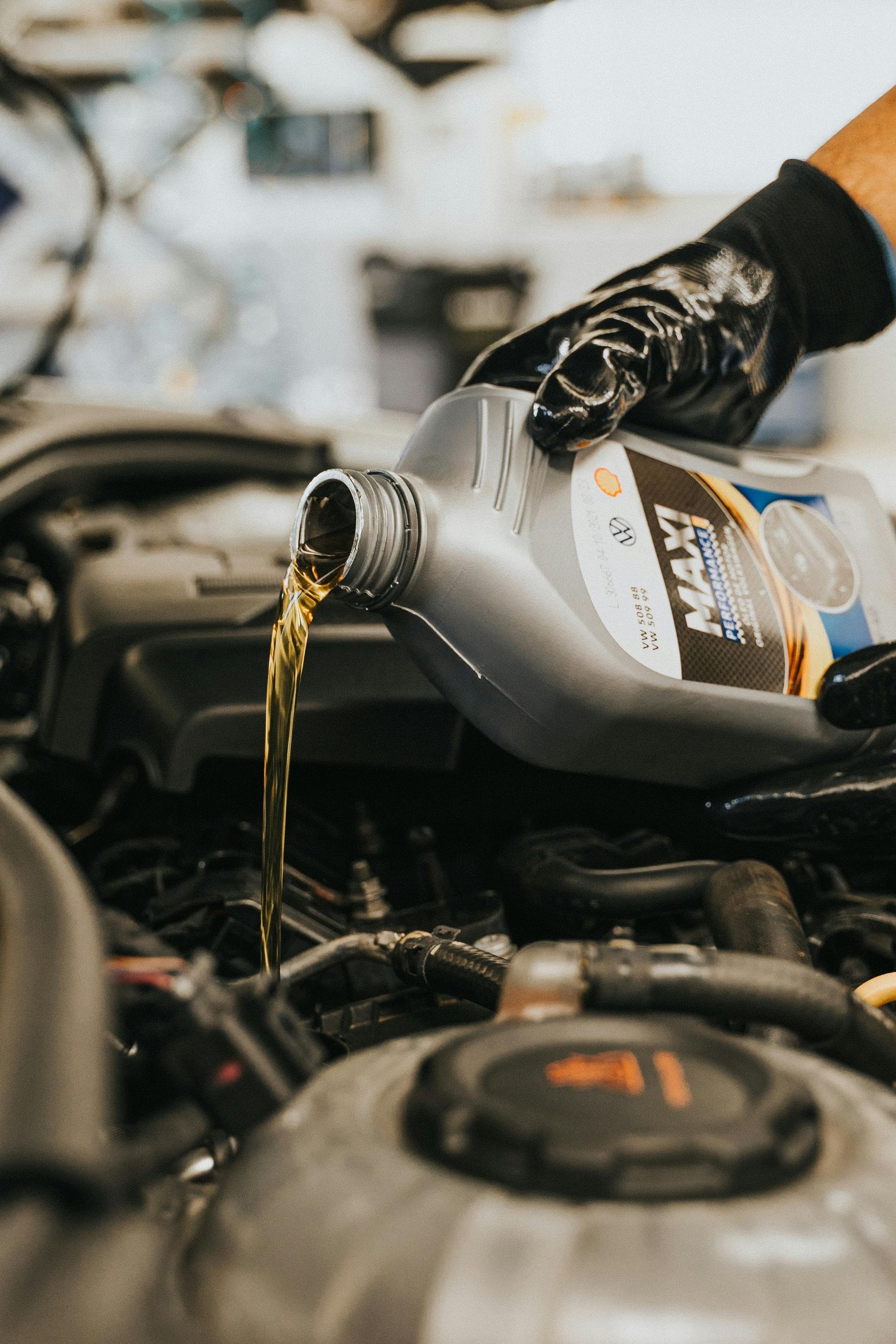How Weather Affects Your Need for Brake Repair Services in Houston, TX
Introduction
Inclement weather often becomes a challenging adversary for our vehicles, especially when it comes to their intricate brake systems. These essential components can face various issues due to the ever-changing weather conditions.
Understanding these potential problems is vital to addressing them promptly and taking preventive measures to mitigate their impact.
Regular maintenance and timely inspections play a vital role in preserving the functionality of brake systems, especially in areas prone to erratic weather patterns like Houston, TX. Professional brake repair services in Houston, TX , offer comprehensive checks to identify and rectify weather-induced brake issues before they escalate.
4 Impactful Ways Weather Influences Your Brake System
Whining Noise While Braking:
During rainy or snowy weather, moisture often infiltrates the brake system, creating a problematic scenario. This moisture settles between the brake rotors and pads, potentially leading to rust formation on the rotors, especially if left overnight.
Rust buildup generates friction between the pads and rotors, making an audible whining sound each time you use the brakes. To proactively prevent this issue, consider protective measures such as covering your car or parking it under shelter before inclement weather strikes.
This helps deter rain or snow from entering the brake system, thereby averting the onset of brake squealing caused by moisture accumulation.
Extended Braking Distances:
Different weather conditions exert distinct impacts on your brake system, affecting its efficiency, notably in quick braking. When moisture accumulates within the brakes, it can impede the braking process, resulting in prolonged braking distances.
The functionality of brake pads relies on generating friction to halt the rotation of brake rotors and subsequently bring the wheels to a stop.
Excessive moisture between these components hampers this friction, thereby extending the time required to decelerate or come to a complete stop.
Brake System Vulnerability:
The brake fluid’s role is crucial in protecting components like brake pads from rapid wear during contact with rotors. Weather also significantly impacts this system, particularly in warmer months, where escalating heat can boil brake fluid.
Elevated temperatures cause the brake fluid to reach boiling points, heightening the risk of accelerated brake pad wear and potential rotor warping due to excessive heat and friction.
Employing a higher-rated brake fluid for your vehicle—such as DOT 3 or 4, known for their elevated boiling points—acts as a preventive measure. This choice ensures optimal lubrication within the brake system, mitigating weather-induced effects and enhancing its resilience.
When in need of reliable brake repair services in Houston, TX, selecting professionals who understand the nuances of weather-related impacts on brake systems can further fortify your vehicle’s braking efficiency and longevity.
Sudden Brake System Issues:
Frequent use of brakes can exacerbate driving-related problems, especially when encountering storms or extreme temperatures, which can significantly impact the brake system, leading to damage.
Freezing and heat directly affect the metal components like rotors and pistons, accelerating wear and tear on brake pads. This wear and tear often necessitates repeated visits to a brake repair shop for repairs.
Preventive measures, such as storing your vehicle in a sheltered area or covering it with a tarp to shield it from harsh weather conditions, can help mitigate these issues.
Ensuring the integrity of your brake system is vital for on-road safety. Understanding the weather’s influence on the brake system aids in preempting potential issues, allowing you to maintain control while driving.
Seeking professional brake repair services in Houston, TX, becomes pivotal for comprehensive care and maintenance of your vehicle’s braking system, ensuring a safe and smooth driving experience.
How You Can Choose The Best Brake Repair Services in Houston, TX?
Though vehicle brake repairs aren’t frequent, entrusting the job to capable hands is crucial when the need arises. When seeking a brake repair shop to diagnose potential brake issues for your vehicle, here are 5 key aspects to consider.
Review of Local Brake Repair Shops Online:
Initiating your brake repair search online is a convenient starting point. Online reviews offer insights into the quality of service provided and the expected level of customer care. While browsing, it’s essential to note that not all businesses receive constant 5-star ratings.
Take time to delve into negative reviews to understand specific customer complaints. Consistent low ratings often indicate potential concerns, especially for a business responsible for ensuring your vehicle’s road worthiness.
Discovering the type of brake pads utilized:
Brakes are a crucial component in a vehicle, not to be compromised by subpar choices. If navigating the world of brake pads is new to you, it’s essential to understand the variety available.
These pads serve as a safety measure, ensuring the well-being of both yourself and fellow drivers. Opting for pads that guarantee longevity and superior quality will maintain your vehicle’s braking system at its peak performance.
Do the brake technicians hold ASE certification?
Although not mandatory, ASE certification is a strong indicator of expertise. Awarded by the National Institute of Automotive Service Excellence, this certification signifies a technician’s proficiency.
When opting for brake repair services in Houston, TX, choosing ASE-certified technicians ensures a higher level of skill and competence, offering greater confidence in the quality of your auto repairs.
Locate a shop catering to your vehicle’s specific type or brand:
For owners of higher-end vehicles, seeking a local shop specializing in your particular brand can often be the optimal choice.
European cars such as BMW, Mercedes, and Porsche may demand specialized parts and meticulous attention, which only technicians specializing in these brands can reliably offer.
Determine their years in operation:
An auto repair shop with a long-standing history typically signifies success and credibility. If online sources don’t provide this information, contacting the location directly can offer insights into their tenure.
Asking a few questions during a call can help gauge their experience and establish their track record in the industry.
Wrapping Up!
Houston, Texas’s weather may significantly impact the demand for brake repair services. Brake systems are subjected to additional pressure due to the humid subtropical environment of the city, which has sweltering summers and sometimes heavy showers. Heat and moisture may hasten the deterioration and wear of brake pads, and unexpected downpours raise the need for fast, dependable brakes. For this reason, Houston drivers must ensure their brakes are properly maintained and inspected on time. Reliable brake repair services in Houston, TX, may assist in mitigating weather-related deterioration, ensuring safer trips on the city’s various roads.
FAQs
Does rain affect brakes?
Rain may have an impact on brakes since it makes the road more damp. The water that forms a film between the brake pads and rotors when brakes are wet, especially after a lot of rain, reduces friction and may cause a brief drop in braking efficiency.
Brake fading is the term for this phenomenon, in which the brakes may feel less sensitive or engage more slowly.
Modern brake systems, however, are made to withstand light rain without any significant problems. So, when the roads are wet, drivers should exercise caution and provide extra time for stopping.
How does temperature affect braking?
Braking is impacted by temperature in several ways:
- Brakes in colder temperatures tend to respond slower initially, as they take longer to warm up. This can reduce their sensitivity, affecting their immediate ability to stop the vehicle effectively.
- Cold weather diminishes friction between brake pads and rotors, decreasing effectiveness. The reduced friction means that even when the brakes engage, they might not grip as efficiently, potentially prolonging stopping distances.
- Excessive heat can be detrimental, too, causing brakes to overheat. This can induce brake fade, reducing the overall stopping power. Overheated brakes become less effective, compromising safety and requiring longer distances to stop the vehicle.









